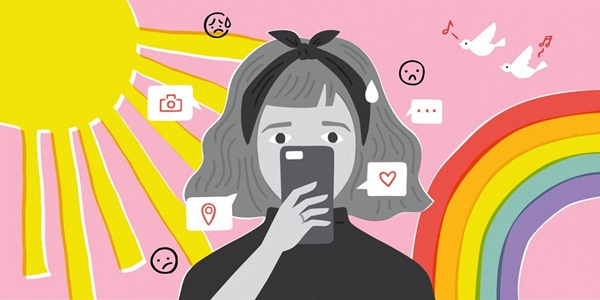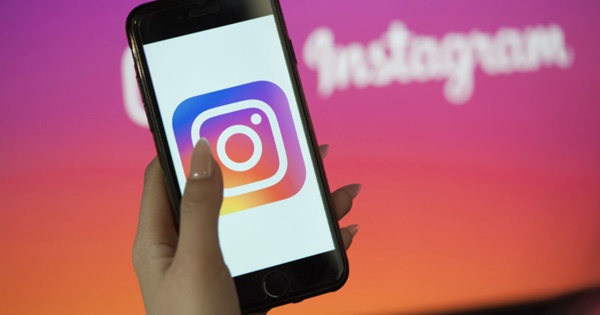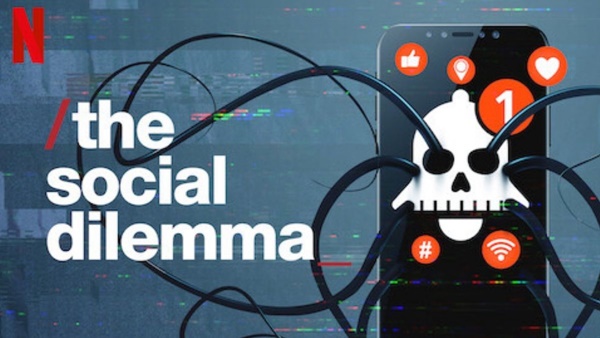November 26, 2021
Instagram is one of the most widely used platforms today. Studies have shown that the people among the age group of 18 to 25 years have been found to use Instagram the most, as compared to the other age groups, but people right from the age of around 13-14 until the age of 30-35 years use the platform on a regular basis. According to the statistics as of January 2021, India has a total of 140 million users, which also accounts to around 5.7% of the total population of India. Today, numerous people worldwide use Instagram not only as a means of fun or to share memes, but also to make their daily living. People who primarily earn from Instagram are the so called ‘Instagram influencers’, or more commonly ‘social media influencers’. These influencers also earn a good amount of money just by posting on their pages or handles, for example nano-influencers (2000 to 9000 followers) earn around Rs. 4000 - Rs. 16,000 per post; Micro-influencers (10,000 to 50,000 followers) earn around Rs. 16,000 - Rs. 30,000 per post; Middle-tier influencers (60,000 to 100,000 followers) earn around Rs. 35,000 - Rs. 60,000 per post; Top-tier influencers (100,000 to 500,000 followers) earn Up to ?1 Lakh and Mega influencers (Above 500,000 followers) earn Up to ?1.2 Lakh per post (Estimate Source: scoopwhoop.com).






But while social media influencers do make a great deal out of their posts on social media such as Instagram, the common man might be going through quite the opposite. Instagram and all the other social media platforms are basically ‘using’ common people, who become prey to such sites, and easily get addicted to the content that is targeted towards them, by these sites. For example, the moment you open Instagram, you see the first 5 posts of people whom you are absolutely interested in knowing about, and this makes you keep scrolling down further, because once your attention is grasped, you want to keep yourself entertained, and this is exactly the aim of the app. The app wants to make sure that you are completely entertained by every post that you see, and also not put off by the posts you do not want to see. Platforms such as Instagram, Facebook, Twitter and LinkedIn are designed in such a way that each and every activity by the users is carefully and precisely monitored over and recorded by the system, and they use this information against you, in order to keep you hooked onto the platform.
The recent 2020 Netflix Original documentary ‘The Social Dilemma’ explains how social media carefully monitors our every action:- how the app for example Instagram records exactly how many seconds we spend looking at post, how fast we scroll through the posts, which posts we hit like or comment on, which posts we aren’t interested in, and so on. This data is later used to keep the user hooked on to the platform, and the app wins when they find the user’s total app usage time per day soaring higher and higher day by day, sometimes even going up to 11 or 12 hours a day. If you’ve ever found yourself in an uncomfortable position, not being able to close the app and just focus on the real world because each and every post, video or reel that you see on the app grasps you and makes you want to hang in there just a little longer, remember that you’re not alone!
Over the period of the lock-down, Instagram has mainly seen a surge in the number of it’s active users. This is a win-win for the app, but the users are used and exploited to the maximum capacity possible. This is mainly because it is a proven fact that we no longer are users of Instagram but instead, platforms such as Instagram and Facebook use/control us. We no longer have control over what we want to see on social media, because everything has already been monitored, stored, processed and kept ready, and the best of dishes are served on our plate in the easiest way possible, keeping us hooked onto the app. Not just because of viewing the content that we like are we hooked on to the apps, but the problem that I see in this scenario is that Instagram is actually robbing us of all the precious time that we could be using for something more useful or beneficial to us, which would result in us being productive. Gone are the days when we used to click pictures of ourselves and each other just to save a memory so that we can revisit that memory in the future. Now with the rise in usage of social media apps, emotions, moments, and most importantly people have become fake. We fake our emotions just to get that perfect selfie shot for our Instagram. We feel extremely sad and distressed within, but we show to the world that we are having the time of our lives. We go on outings to have some time out of our busy routine lives, but we end up spending more time on our phone uploading pictures, videos and V-logs, than actually living in the moment and enjoying what we’re doing at the moment. Life has become more about showing what we are doing to the world, than actually doing something.
Medical science and research has revealed that the rise in usage of apps such as Instagram and other social media sites is inversely proportional to the self-esteem of the users. What this means is that: the more the person uses and gets addicted to the app, the less he/she is involved in the real world, and the self-esteem of the person goes down greatly, with issues of anxiety, social-anxiety, depression and so on surfacing. Just scrolling through your Instagram feed for hours together or even for a short amount of time can have an impact on your thoughts, and might end up in you feeling less wanted. This is because when you constantly see images of your mates or people whom you know on Instagram having fun, going to beaches, partying hard, celebrating birthdays, going on treks, going on vacation, hiking, sky-diving etc., it almost automatically creates a comparison factor, wherein you begin comparing the life that you are currently living, to that on the person whom you see in the images. In the beginning, it all seems normal and fine, but overtime, repeatedly seeing images of people doing all sorts of fun things while you might not really be enjoying even half as much as them, makes you feel worthless and could lead to loneliness. ‘Peer pressure’ is real, and you might often find yourself doing the things that you don’t really love or enjoy doing, just so that you can get those couple of cute #girlgang or #squadgoals pictures for your Instagram feed.
Out of all the social media platforms, I find that Instagram in particular is about showing to the world how glossy, glamorous, fun and wholesome your life is, while the case might me quite the opposite in reality. People often tend to overlook the fact that most of the pictures, especially of Instagram influencers, fashion models etc., that you see on Instagram most often are digitally enhanced images, with some part of their body being enhanced in order to have the perfect figure. Youngsters are often blinded by the beauty of the images they constantly come across on social media platforms such as Instagram, and the actual problem arises when they begin to idealise these unrealistic body figures and cause more harm than good to themselves in their attempts of reaching these extremely unrealistic and impractical body standards of perfection. In my opinion, Instagram often does more harm than good to young people and the users of the app, by enforcing ideas of perfect body size, body shape, fairness, and so on. This leads to toxicity of the app as a whole:- one which causes more distress, anxiety issues, lack of social-communication skills and inability to face the gruesome and challenging world outside the world of Instagram, for the users of the app.
In my opinion, it’s best to keep Instagram at bay, especially when you find yourself constantly checking the app and start feeling anxious about yourself, your body/appearance or your abilities. Checking the app once in a while still seems fine, but one must constantly keep a track of the total usage time on the app’s database, by visiting the ‘user activity’ section of the app, and in this way should try to minimise the usage of the app. We need to stop ourselves from becoming prey to the app, and try focusing more on our real life goals, find new motivations such as getting fitter rather than getting the ‘zero figure’, learning a new skill rather than faking a skill, getting more sunshine than binging on Instagram content. This time, let’s focus more on ourselves and our loved ones, let’s keep our Instagram usage in check and spend more time outdoors, playing and bonding with the ‘real’ people in our lives!